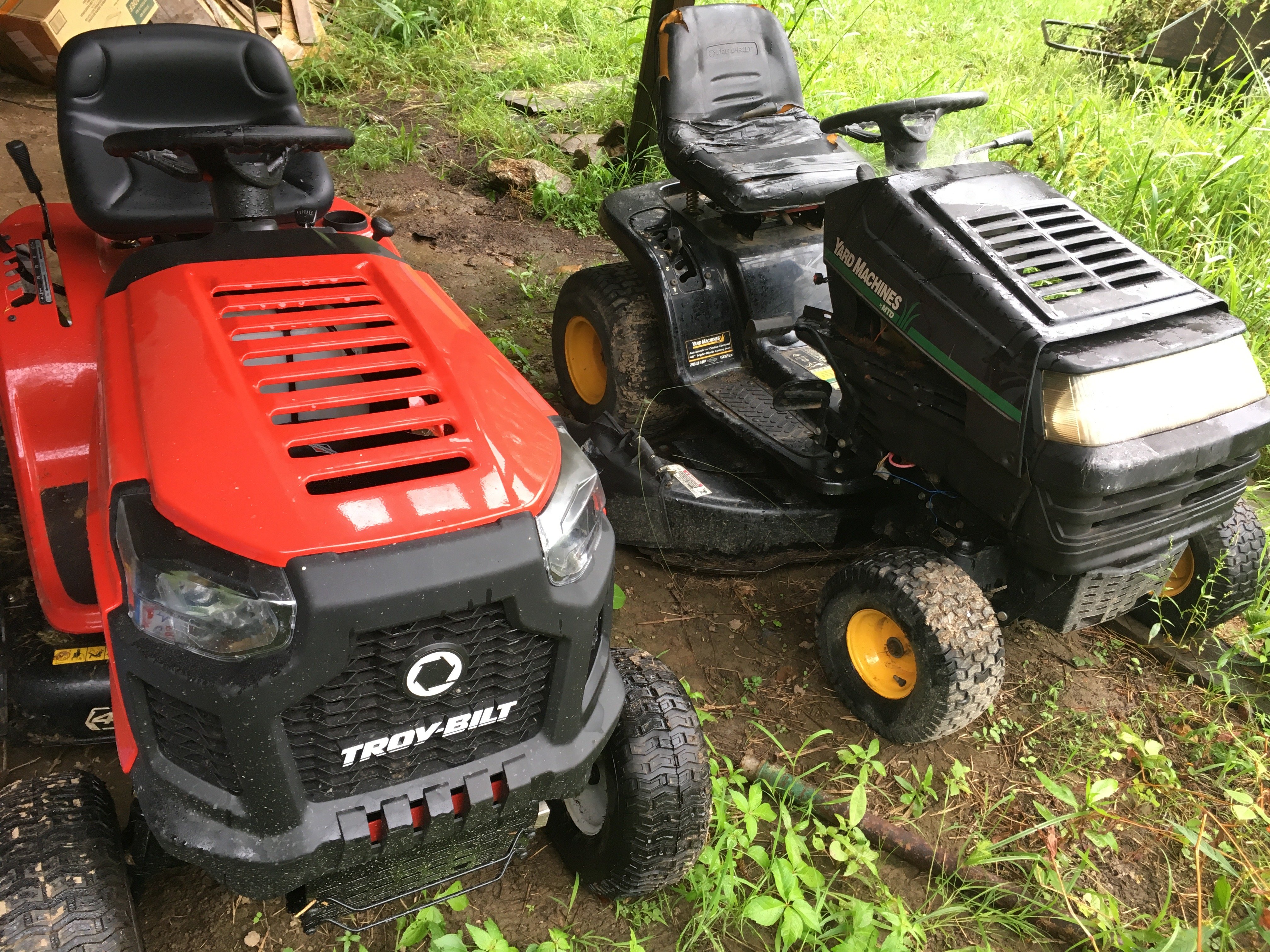This is hands-down the single most important thing when starting any entrepreneurial venture. Below I'm gonna give a break down on what causes stress, techniques to dealing with it, and how to avoid 'burning out.'

S T R E S S
In order to grow, a lobster must shed it's shell through a process called molting. When it is in the molting stage it is extremely vulnerable as it's soft under body is exposed to the outside world. This is a good analogy in regards to entrepreneurship because that is exactly what such a venture entails; shedding the comfort of your shell and allowing yourself to become vulnerable. It is this discomfort that forces us to either adapt and overcome, or fall prey to the stress and burnout. The outcome is based on how one approaches the situation. So what is it that actually causes stress?
Mental stress can best be described as an adverse response to a given environment or circumstance. As humans we stress over logical concerns, such as survival, as well as illogical concerns, such as meeting a room full of new people. The latter will have no effect whatsoever on our ability to survive, yet the unfamiliarity of the situation alone is enough to cause stress.
As an entrepreneur we are forced into this unknown. Will anybody want this product? Will I have enough capital to make this happen? What if I lose it all? Very often we are all in and this by it's very nature is stressful, especially when we have a family to support. So what can we do about this?
What's the Worst that can Happen?
Earlier this year we set out to build a farm from scratch. With only one season of small backyard gardening as the bulk of our experience and very little funds, we decided to leave a steady-paying job and all our connections in Chicago for an unknown market in Asheville, North Carolina. This was a daunting task, especially because we had a sixth month old baby to support. If anybody wants to read the full story they can check out Part 1 and Part 2 of Starting our Farmstead Journey, but for right now I will focus on the psychological effects this venture had upon us.
So we arrived on our new property with maybe 6K in the bank and this money went FAST. And I remember thinking, 'What if this fails? What if we plant out all these vegetables and nothing grows? Or nobody buys our stuff? What then? What then??' These thoughts kept repeating on this perpetual feedback loop and needless to say I was stressing myself out. My wife could tell as I wasn't a very pleasant person to be around. No matter what we were doing my mind was constantly somewhere else wondering, 'What if? What if? What if??' until I finally had the thought, 'Ok what's the worst that can happen?'
I started playing through this thought experiment. Assuming nobody died or become mortally wounded, what was the worst case scenario? I guess if we couldn't grow or sell anything and couldn't make money to pay off the debt we were incurring, then I guess the worst case scenario was bankruptcy. That's it? Bankruptcy? Well that's not that bad, hell, thousands of people declare bankruptcy everyday. My credit would take a hit (along with my pride), but in the end, we weren't going to starve to death and we would always find a place to live even if that meant moving back to Chicago to stay with family. When I realized this it was as though a weight had been lifted. So tip #1 for dealing with entrepreneurial stress: MAKE PEACE WITH THE WORST CASE SCENARIO.
Next I believe prayer or meditation can be an extremely useful tool. Just sitting down before dinner and listing off all the things you're grateful has a tremendous impact on your outlook and helps to put things in perspective. It's very easy (especially when first starting out) to focus on all the things you don't have. This is toxic and should be avoided at all costs. Don't compare yourself or your business to people that have years, even decades of experience more than you. They weren't always the confident, successful individuals you see today--they're human just like everybody else--they had their times of doubt and fear of the unknown just like you. The difference is they learned to manage it properly and persevere and this is what separates those that make it and those that don't.
Fake it Till you Make It
In the early stages when you're just trying to figure everything out and you're working on making connections it can be hard to put on a confident front. However this is absolutely necessary, not only for you, but for everybody you come in contact wth. From employees to potential clients, they need to believe that you know what you're doing, even if you really don't. The leader needs to be in control of their own stress in order to instill confidence in others.
Think of an entrepreneur as an ship captain leading his people to the new world. He has a general idea of where they're going and the faith that they will make it, but along the way as different situations arise they will be tested and his crew will be looking to him for a plan of action. Should they sense even for a moment that he doesn't know what he is doing or where they are going, mutiny is surely to result and the voyage will likely turn catastrophic.
Assess, Acknowledge, Adapt
When a problem arises, don't panic. Instead step back and assess the situation. Identify the problem at hand, come to grips with the reality of the situation, and come up with at least three possible solutions/adjustments that can be enacted going forward. For example, earlier this year I purchased a riding mower from a pawn shop. A bad idea to begin with, but I was trying to save money as we had very little of it left. When I got it home I got about half-way through cutting the lawn and the damn thing broke down on me. At this point, I had three options:
- Try to fix it myself
- Pay somebody else to try and fix it
- Buy a new lawnmower
I did the above in that exact order. It took almost two months between trying to fix it myself, paying somebody else to fix it, and then finally when it broke down again, throwing in the towel and buying a new mower.

There is something called the 'Sunk Cost Fallacy,' in behavioral economics that states further investment is warranted based on the fact that the money already spent will be lost otherwise. I knew if I bought a new mower all that money, time, and energy that went into this other one would be essentially wasted. This kept me messing around with it for two months longer than I should've. I ended up spending over $1000 on a worthless machine; the same price I paid for a brand new one.
Learn to See the Forest through the Trees
At the time, $1000 seemed like a lot of money because it was money that we didn't have and we had yet to make a single sale. But as things progressed and we started to make a little money, I was able to step back and gain a more macro-view of the situation. Yes this seems like a lot now, but in a few years it will be a drop in the bucket. Never lose sight of where you're going and how far you've come. Problems will inevitably arise; this is a fact. It's just part of running a business. The key is to stay calm and remain focused on the bigger picture.
Last year I worked for my buddy who has a car and boat detailing business and I got to see first-hand the problems that arise on a daily basis. Customer complaints, employees not working out, trouble getting paid on invoices, etc, etc. There would literally be an endless list of problems my friend would be dealing with on a daily basis and I would sometimes wonder, 'How is he keeping it together?' None of it seemed to faze him and I learned as time went on that he had been doing this long enough to realize the bigger picture. Although he might lose money on a boat that had to be redone, a week later he'd land a super lucrative gig for ten boats and it would more than counterbalance the previous week's loss. It's all about perseverance and remaining calm in the face of adversity. Staying in the game long enough to catch those big breaks and then capitalizing on them.
Avoiding Burnout
This was a tough one for me to learn. My friend originally cautioned me to take some time off to avoid burning out. I replied with the hard-headed response that burnout wasn't an option. Ha! I am here to tell you that burnout is most definitely an option and one that will sneak up on you if you fail to acknowledge its existence.
Here's the thing about burnout; you typically don't know you're burning out until it's too late. The first few months after moving down here consisted of 16 hour days, 7 days a week. At the time I felt like there was just too much to do and since we were depending on this farm as our primary source of income, I reasoned that we couldn't afford to take some time off. What I didn't realize was that we couldn't afford not to.
I remember a specific instance when we were about three months in and I was out there in the field just feeling like an absolute slave to myself. At the time we were harvesting and delivering twice a week which only left three days for everything else. On this particular harvest day I went about trying to get people's orders in and nobody responded. I was out there looking at my field of weeds and everything that needed to get done and thinking 'Why the heck am I doing this?' Coincidentally that day we had a friend driving down from Tennessee to visit the farm. Rather than stay and grind it out, my wife convinced me to take the rest of the day off and go for a hike with them. It ended up being great advice. Getting away from the farm for just half a day allowed me to recharge my batteries and return with a fresh perspective. Coincidentally a few days later we landed a huge account that nearly tripled our revenue overnight. It all harkens back to perseverance and managing stress properly so you can stay in the game and catch those big breaks.
Conclusion
In the end there is no silver bullet to managing stress and avoiding burnout. It is a combination of self-control, perspective, and finding the time to get away and recharge. When things get hectic and you start to feel stressed, take a moment to step back and assess the situation. Why are you stressed? What is the underlying cause and what can be done about it? Form a specific plan and go about enacting it. That is all that can be done. Keep your head on your shoulders and reflect upon all the things you have to be grateful for. Take pride in the success you have achieved and don't be afraid to take a some time off. Do something totally unrelated to your entrepreneurial venture and forgo thinking about business for a little while. Most of all, remain positive and have faith that if you keep working hard that big break is just around the corner.
